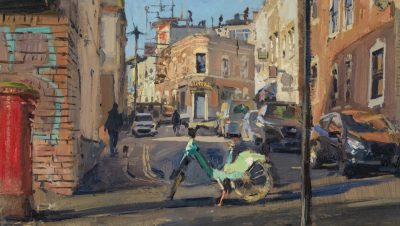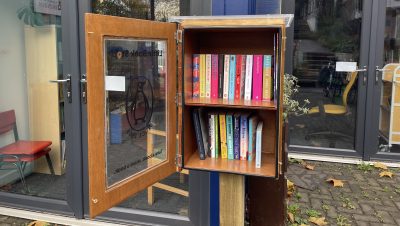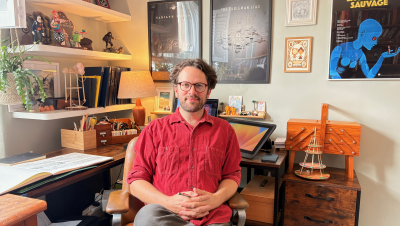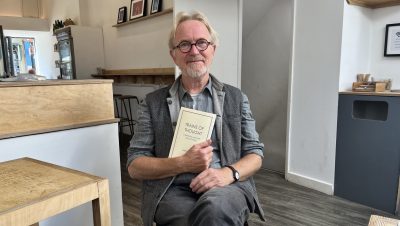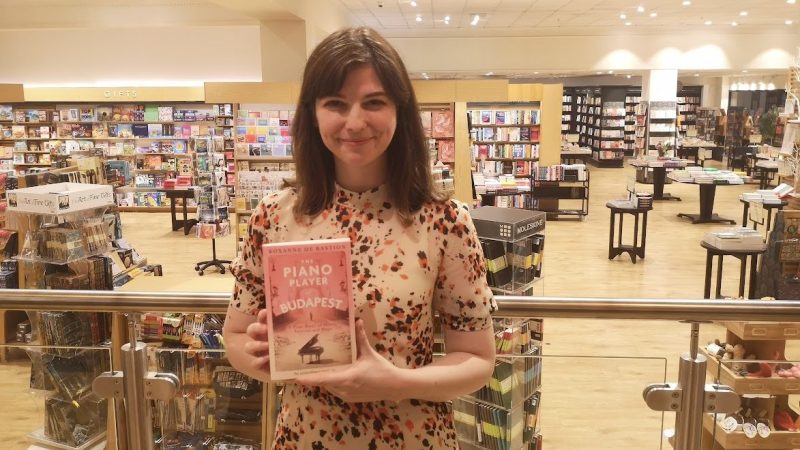
Books / News
Bristol event highlights singer’s family journey through Holocaust and music
She counts Iggy Pop and Steve Lamacq among her admirers, and her fan base is continuing to grow. Acclaimed singer-songwriter Roxanne de Bastion is no stranger to Bristol. Often speaking fondly of the city’s independent spirit, she has performed heartfelt sets at intimate venues such as The Crofters Rights.
However, her latest visit marked a shift from routine gigs—this time she came not just as a musician, but as an author, promoting the paperback edition of her deeply personal new book, The Piano Player of Budapest: A True Story of Music, Survival and Hope, at Waterstones on Union Street.
Roxanne is a bona fide artist who has played at major festivals including Glastonbury, Latitude and Cambridge Folk Festival. Her music is best described as a delightful cornucopia of pop and folk with a generous dash of 1960s musical idioms, often delivered through her signature black Rickenbacker.
is needed now More than ever
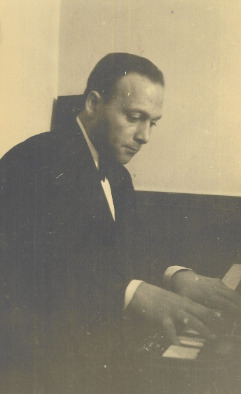
Stephen de Bastion enjoyed a successful musical career as a pianist in his native Hungary before the Nazi invasion – photo: de Bastion family
The event drew an intimate gathering of music lovers, including Bristol’s own Lady Nade, a friend of Roxanne’s.
The book retraces the life of her grandfather, Stephen, a once-celebrated Hungarian-Jewish pianist whose promising career was halted when he was deported to Nazi concentration camps. Though he survived and rebuilt his life in the Midlands, the musical brilliance that once defined him faded into obscurity — until Roxanne, guided by over 40 audio cassettes recorded by Stephen himself, pieced together his extraordinary story, warts and all.
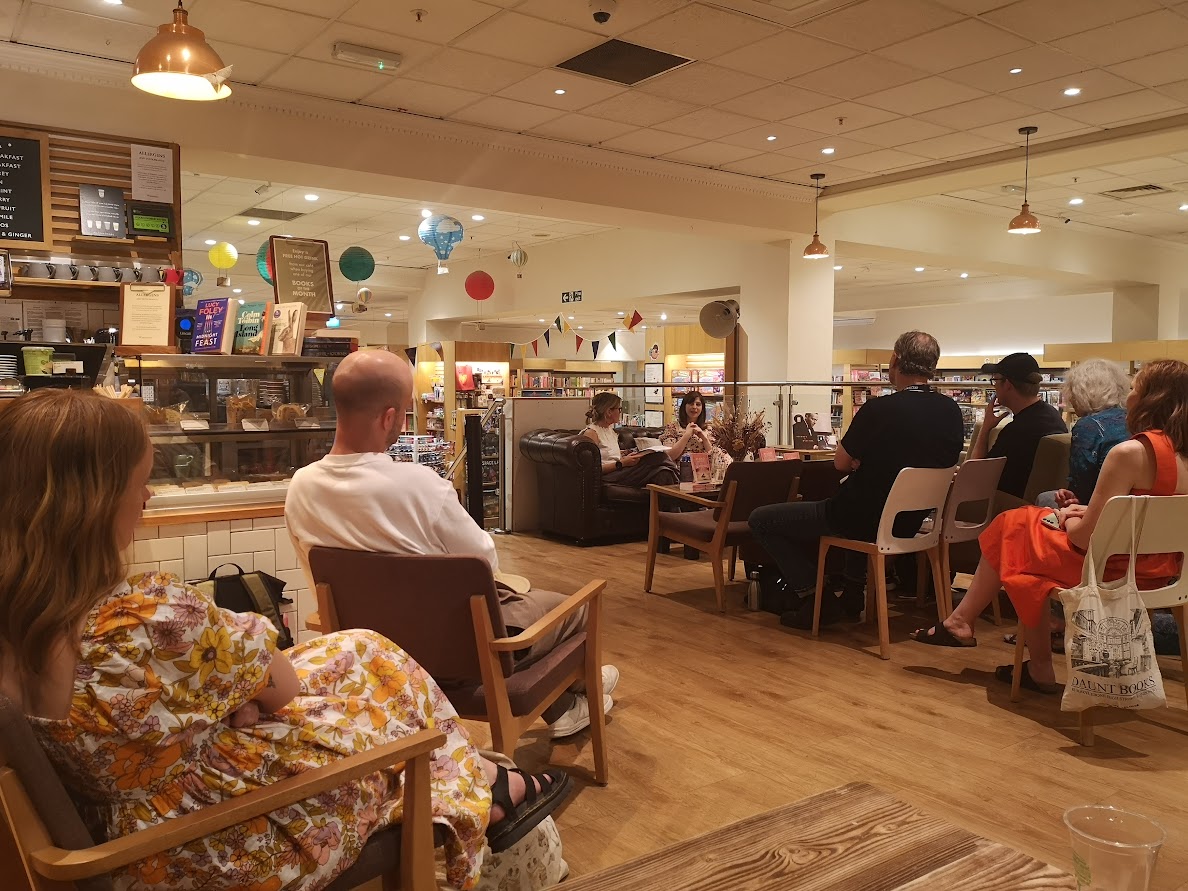
The launch of the paperback edition of Roxanne de Bastion’s The Piano Player of Budapest: A True Story of Music, Survival and Hope was held at Waterstones on Union Street – photo: Milan Perera
Stephen’s ordeal began in October 1942, when, at age 35, he was among 1,070 Hungarian Jews sent to forced labour camps on the Russian front. In January 1943, he witnessed the Ostrogozhsk–Rossosh offensive and escaped back to Hungary—walking around 1,500 miles through the Russian winter, finally reaching Kyiv before boarding a train to Budapest.
His trials continued when Nazi troops invaded Hungary in March 1944. Within two months, nearly 440,000 Hungarian Jews were deported; Stephen was among about 8,000 sent to forced labour. He endured internment in the Sopron ghetto and was part of the infamous Death Marches across Austria’s Burgenland.
Liberation came when rumours spread of advancing American forces, and Stephen witnessed jeeps bearing the Stars and Stripes as he emerged from captivity.
A few years later, Stephen resettled in Stratford-upon-Avon, bringing his beloved Blüthner piano with faded gold lettering that formed the backbone of both his musical identity and that of his descendants. The piano had originally been purchased in 1905 in Hungary by Stephen’s father, Aladar, as an engagement gift for his fiancée, Katica, Stephen’s mother.
Roxanne’s account is neither a hagiography nor an apotheosis of her ancestor – instead, it acts as a time capsule capturing the sustaining power of music. From some accounts she gathered Stephen could be difficult, and Roxanne doesn’t shy away from that side of him. The story takes readers on a tour de force of opulent music venues, cocktail parties, amorous escapades to survival through Nazi brutality, followed by some restoration of order.
She followed his footsteps through his own recordings and even traced his walks on Google Maps. A musical project accompanying the book—featuring Stephen’s piano and vocals infused with Roxanne’s voice—has already earned praise from the likes of Jools Holland.
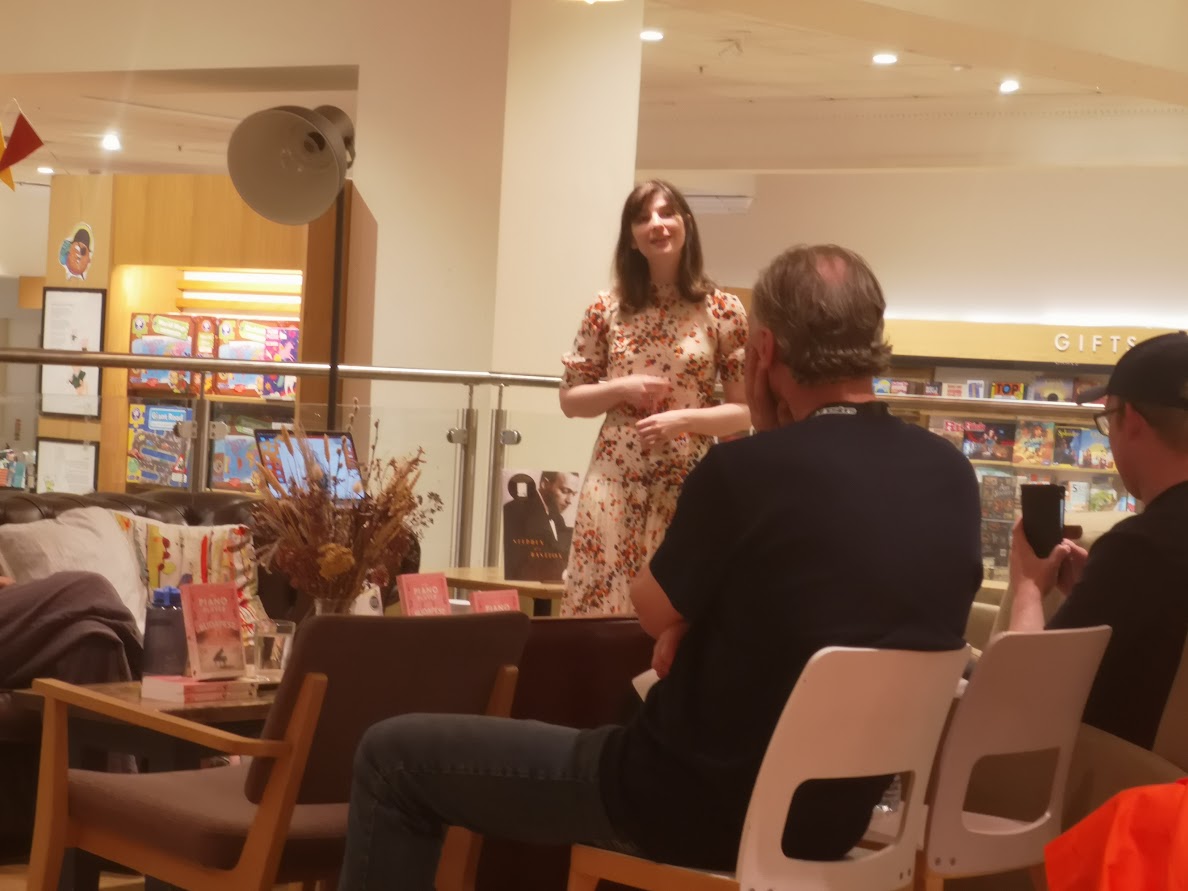
Roxanne de Bastion also performed couple of tracks from the accompanying music album where she fuses Stephen’s piano playing with her vocals – photo: Milan Perera
Though not by design, the book was written against the backdrop of the intense debate on immigration on these shores and in America, Roxanne was pleasantly surprised by the alignment of the topics discussed in her book with the current zeitgeist.
Speaking to Bristol24/7, she said: “It was—and still is—terrifying to see the similarities in rhetoric. It breaks my heart. I think people often don’t realise just how quickly things can change—how suddenly any of us could become refugees, how suddenly we might find ourselves in need of help or relying on the compassion of a stranger. Everyone deserves a peaceful place to live, and so much of this harmful rhetoric is simply driven by fear.”
On her personal journey, she said: “I feel really lucky to have had the opportunity to do that. Throughout the writing process, I genuinely felt like I was getting closer and closer to him—and that was a really special feeling.
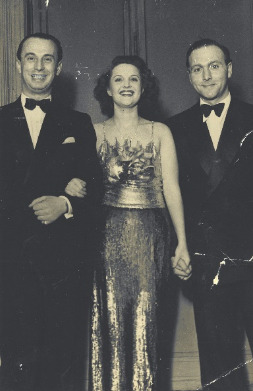
The story begins with Stephen de Bastion’s promising music career in Budapest – photo: de Bastion family
“Even something as simple as following in his footsteps, quite literally, on Google Maps—seeing that he walked a certain number of kilometres each day and tracing that route—made me feel connected to him. It might sound silly, but it really helped me get to know him.”
The event concluded with a Q&A session, followed by live performances of songs from the accompanying album, including Vienna, which prompted a heartfelt rendition.
Lady Nade, a friend of Roxanne, commented: “When I first saw Roxanne perform, I was spoiled by her music. I really fell in love with her artistry—her presence, her songs, everything. Since then, I’ve continued to follow her journey and support her as an artist and as a woman.
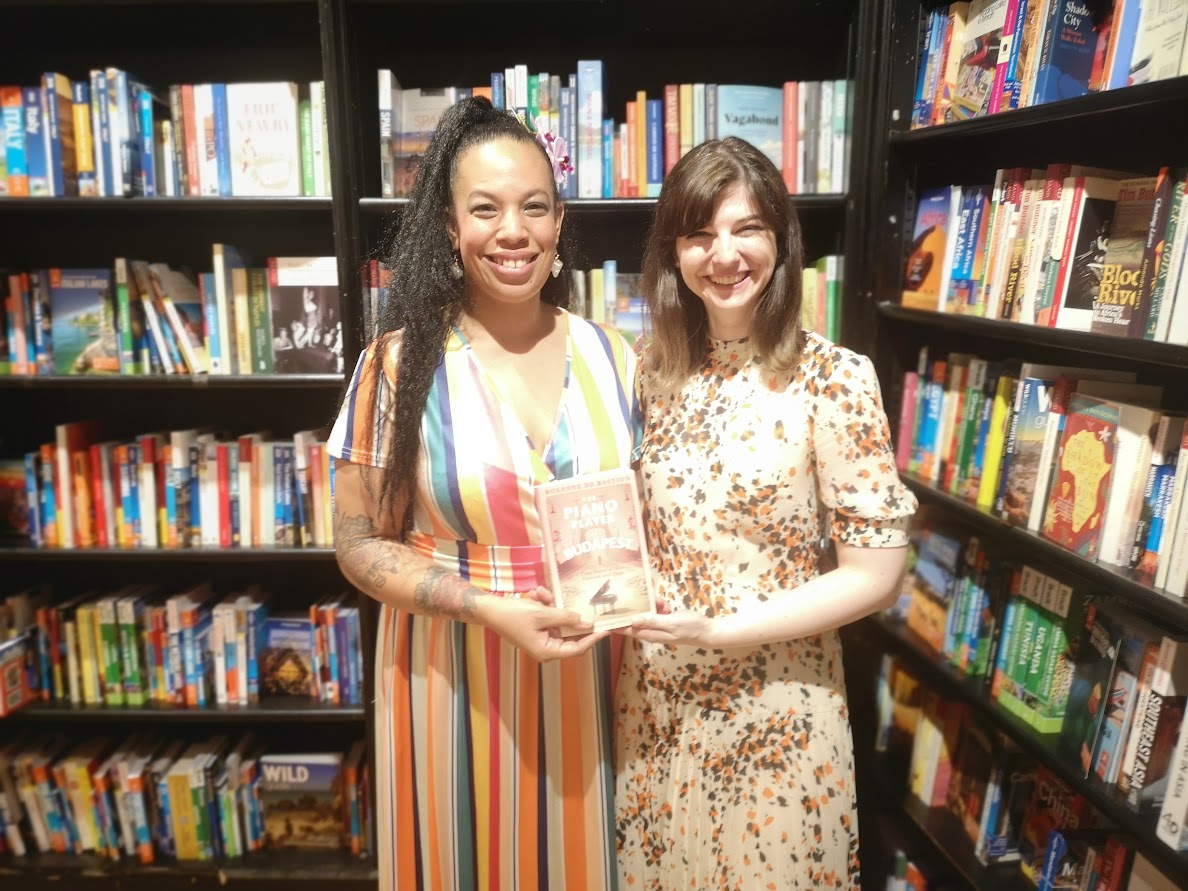
“When I heard she’d written a book about her grandfather, it really resonated with me because I was incredibly close to my own granddad growing up,” said Lady Nade, Bristol-based acclaimed music artist – photo: Milan Perera
“When I heard she’d written a book about her grandfather, it really resonated with me because I was incredibly close to my own granddad growing up. He passed away three years ago, and I deeply admire the process of keeping loved ones alive through storytelling and song. Roxanne is doing exactly that—with her music, her grandfather’s music, and now through her writing.
“I’m genuinely impressed with how she’s woven her art—as a singer-songwriter—into something so meaningful and personal.”
The Piano Player of Budapest paperback edition is now available from all major platforms and bookstores
Main photo: Milan Perera
Read next:
 Our newsletters emailed directly to you
Our newsletters emailed directly to you












